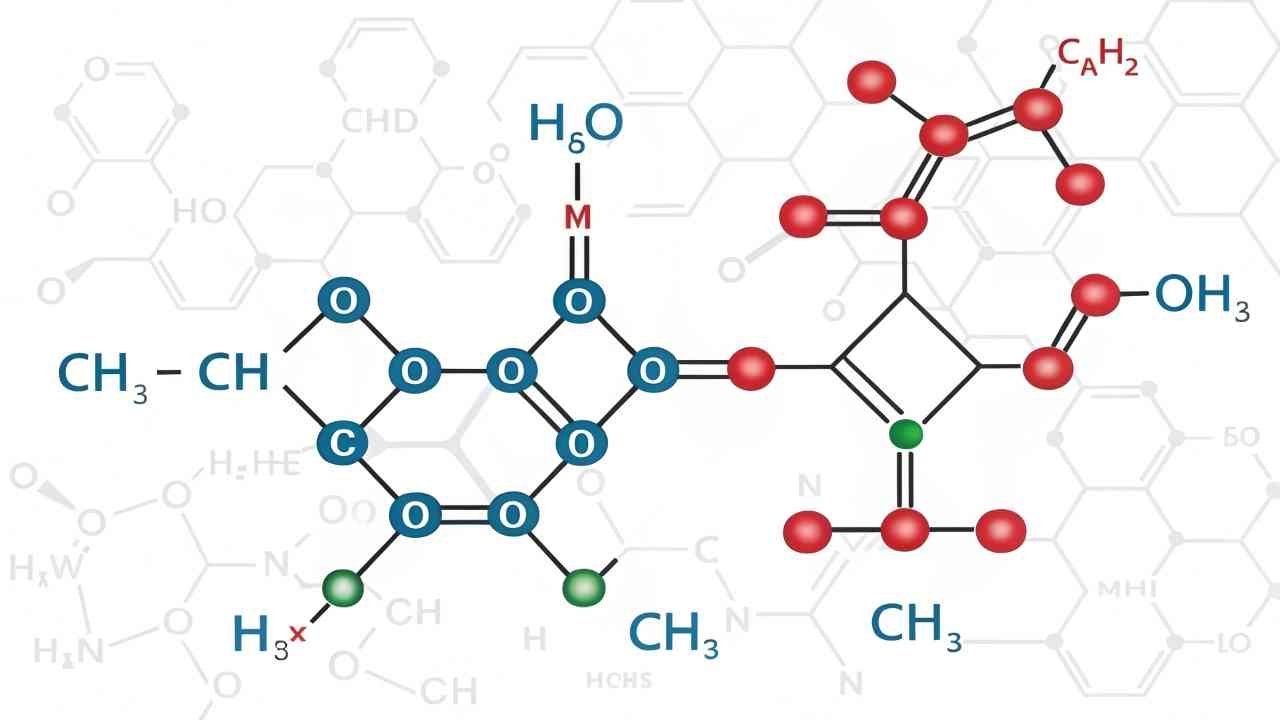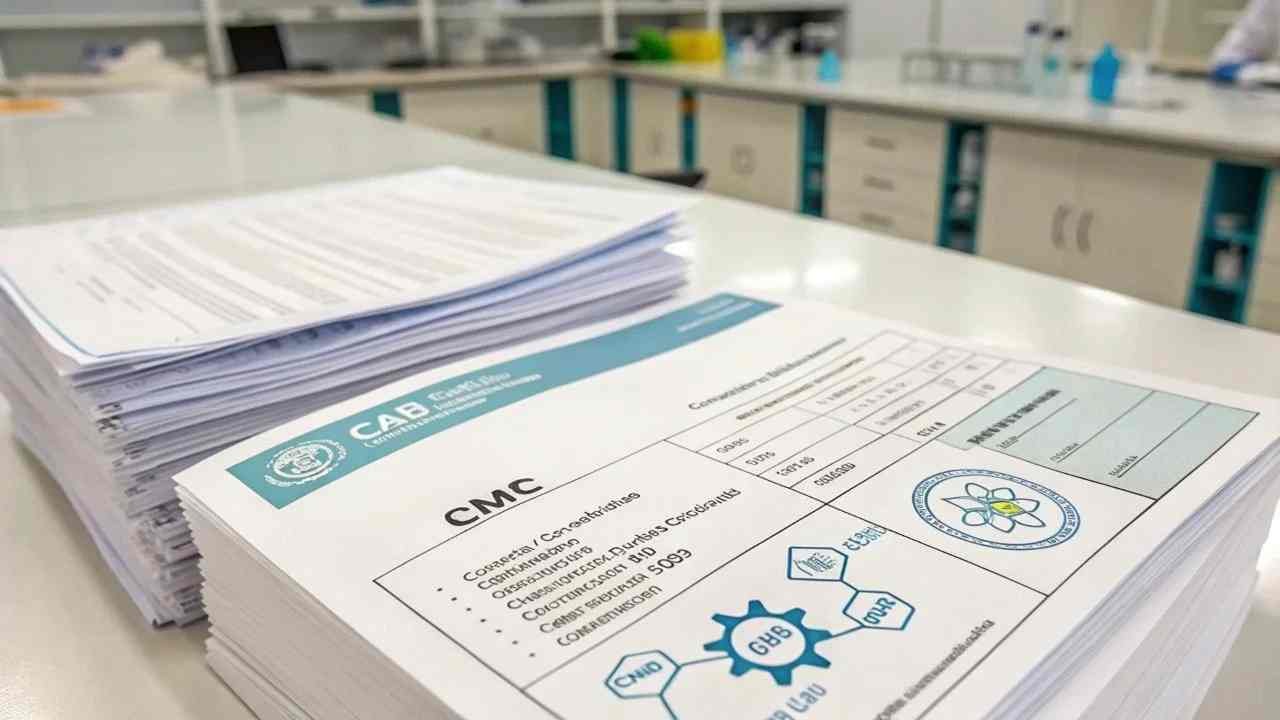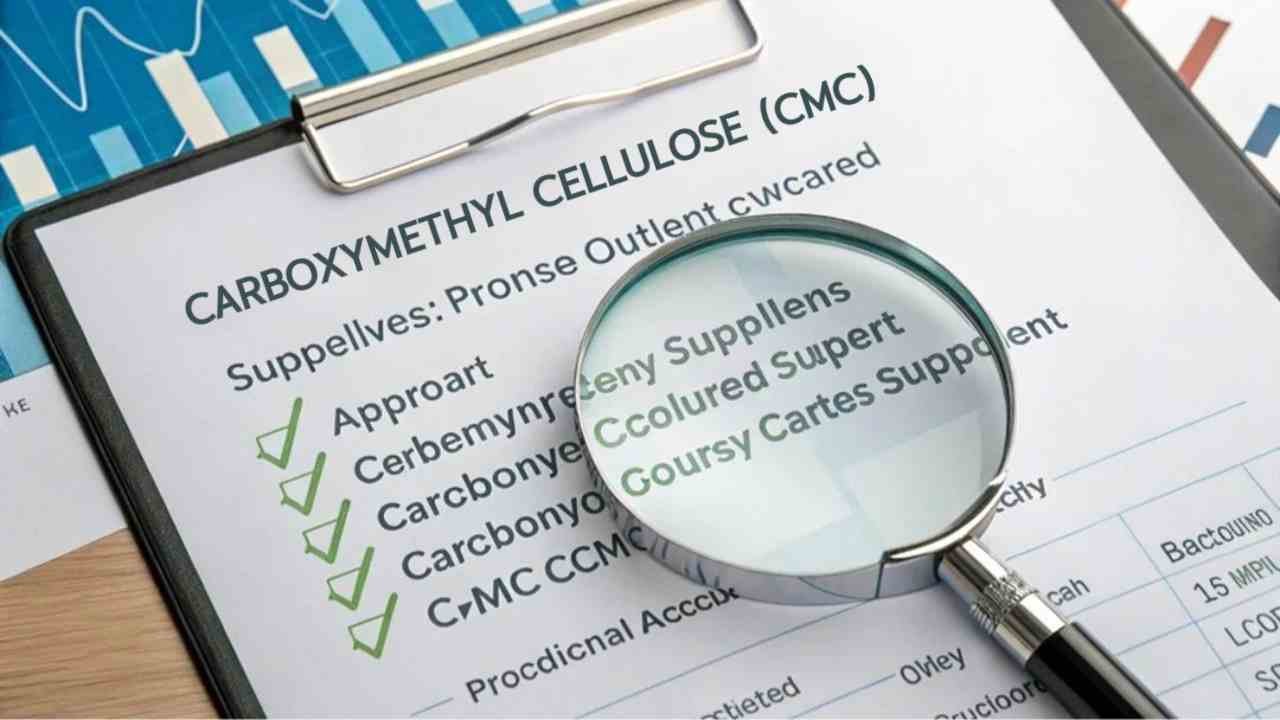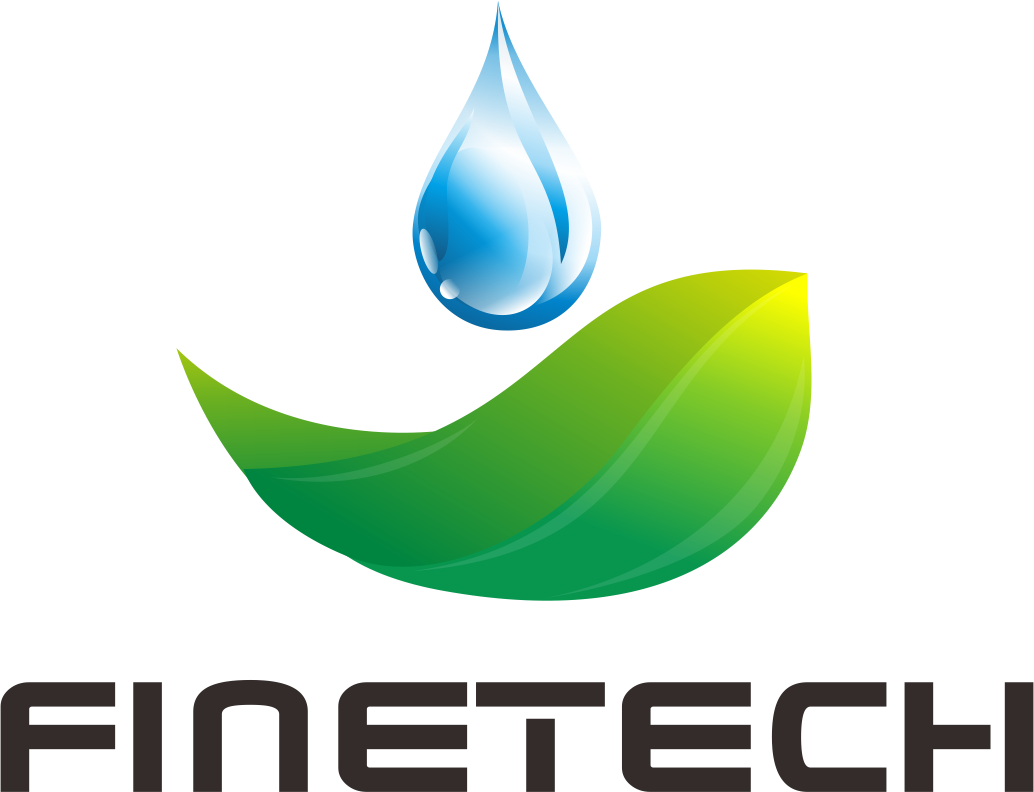Sourcing Carboxymethyl Cellulose (CMC)? Confused by specs? Let's simplify what to look for when buying CMC for your food products.
When buying CMC, look for food-grade quality (purity, safety), understand how Degree of Substitution (DS) and viscosity matter, watch price factors, get key documents (CoA, certs), and pick a trustworthy supplier.
At FINETECH, we help businesses source food additives like CMC. It's more than price; quality, specs, and reliable supply are key for clients. Let's break down what to consider.
What makes Carboxymethyl Cellulose (CMC) good quality for food?
Want safe, effective CMC? How do you judge its quality? Let's pinpoint key quality signs for food use.
Good food-grade CMC means high purity (>99.5%), low heavy metals/impurities, consistent viscosity for its grade, correct particle size for dissolving, and meeting food safety standards.

Quality CMC for food isn't just about thickening. It’s about safety and consistent performance, which FINETECH guarantees.
Key Quality Points:
- Purity1: At least 99.5% active CMC. Less means more inactive fillers.
- Low Impurities: Very low heavy metals (Lead, Arsenic - vital for safety), low salt/glycolate by-products.
- Consistent Viscosity2: The thickening power must be reliable and match the grade's specification batch after batch.
- Particle Size/Appearance: Uniform powder for easy dissolving, white/light cream color.
- Food Safety Compliance3: Meets standards like FCC/USP and free from harmful microbes.
Quality Checklist:
| Parameter | Ideal for Food Grade | Why Important |
|---|---|---|
| Purity | >99.5% | Effectiveness, value |
| Heavy Metals | Very Low (ppm levels) | Safety |
| Viscosity | Consistent to Spec | Reliable performance |
| Particle Size | Uniform, easy to disperse | No lumps, good hydration |
| Compliance | Meets Food Standards | Legality, safety |
How does "DS" change what Carboxymethyl Cellulose (CMC) does?
Seen "DS" or "Degree of Substitution" on CMC specs? How does it impact CMC's function? Let's quickly explain DS.
Degree of Substitution (DS) in CMC tells how many carboxymethyl groups are on each glucose unit. DS affects CMC's solubility, how well it thickens, and its stability in different pH or salt levels.

DS4 is a key chemical property. It shows how much the cellulose has been modified. Food-grade CMC usually has a DS between 0.4 and 1.5 (commonly 0.6-0.95).
How DS matters:
- Solubility: Higher DS generally means better and faster water solubility.
- Stability: Higher DS CMCs are often more stable and hold viscosity better in acidic foods or when salts are present.
- Viscosity Efficiency: For a given chain length, DS can influence how well it thickens.
A DS of 0.7-0.9 is common for many foods. For acidic or salty products, a higher DS (>0.9) might be better. The Technical Data Sheet (TDS) will state the DS.
DS Impact Summary:
| Property | Higher DS Effect | Lower DS Effect |
|---|---|---|
| Solubility | Better, Faster | Slower, May Swell Only |
| Acid/Salt Stability | More Stable | Less Stable |
| General Use | More versatile across conditions | Suited for less demanding uses |
What makes Carboxymethyl Cellulose (CMC) prices go up or down?
Watching CMC costs? Wondering why they change? Let's quickly list the main factors affecting CMC market prices.
CMC prices change due to raw material costs (wood/cotton pulp, chemicals), energy costs, supply vs. demand, factory capacity, shipping fees, and currency exchange rates.

CMC prices aren't fixed. Key drivers include:
- Raw Materials5: Cost of cellulose (wood pulp, cotton linters) and chemicals (like MCA, caustic soda).
- Energy: Manufacturing uses a lot of energy; price changes impact cost.
- Supply/Demand: If demand is high and supply tight, prices rise (and vice-versa). China is a major producer, so its output matters.
- Shipping: Ocean freight and inland transport costs can add a lot, especially for imports.
- Currency Rates: Affects cost for international buyers.
- Product Grade: Higher purity or specific grades usually cost more.
As a business that secures competitive pricing for clients, understanding these dynamics is part of how FINETECH navigates the market.
Price Drivers:
| Factor | Impact on Price |
|---|---|
| Raw Materials | Higher input cost = higher CMC price |
| Energy | Higher energy cost = higher CMC price |
| Supply/Demand | Imbalance shifts prices |
| Shipping | Higher freight = higher landed cost |
| Currency | Exchange rates affect import cost |
| Grade | Higher spec = higher price |
What papers do I need when buying Carboxymethyl Cellulose (CMC)?
Buying CMC and need to know about paperwork? What documents prove quality? Let's list the essential papers.
Key documents are a Certificate of Analysis (CoA) for each batch, Technical Data Sheet (TDS)/Spec Sheet, Safety Data Sheet (SDS), and relevant certifications (ISO, Halal, Kosher, Non-GMO if needed).

Proper documents are vital for quality, safety, and compliance.
- Certificate of Analysis (CoA): Confirms that specific batch meets quality specs (purity, viscosity, heavy metals, etc.). Crucial proof of quality.
- Technical Data Sheet (TDS) / Product Specification Sheet (PSS)6: Describes the product grade's general properties and typical specs. Helps you choose the right grade.
- Safety Data Sheet (SDS/MSDS)7: Provides safety, handling, and emergency info. Essential for workplace safety.
- Certifications:
- ISO (9001, 22000): Shows quality/food safety management systems.
- Halal/Kosher: For specific market requirements.
- Non-GMO: If needed for your product/market.
FINETECH ensures all necessary documents are provided.
Key Paperwork:
| Document | Purpose |
|---|---|
| CoA | Batch-specific quality proof |
| TDS/PSS | Product grade details & specs |
| SDS/MSDS | Safety & handling info |
| Certifications | ISO, Halal, Kosher, Non-GMO (as needed) |
How do I find a good Carboxymethyl Cellulose (CMC) supplier?
Looking for a reliable CMC source? How to ensure quality? Let's outline how to find a dependable supplier.
Find good CMC suppliers by checking their reputation, quality certifications (ISO, food safety), product consistency (CoA, samples), supply reliability, communication, and support.

Choosing a good supplier is as important as the CMC itself. Look for:
- Reputation/Experience: Proven track record, industry knowledge.
- Quality Assurance: Strong certifications (ISO, food safety like FSSC 22000), reliable CoAs.
- Product Quality: Consistent specs, willingness to provide samples.
- Supply Reliability: Good lead times, adequate stock or production, shipping expertise.
- Pricing: Competitive and transparent.
- Communication/Support: Responsive, technically helpful.
FINETECH acts as your sourcing partner, vetting factories, overseeing production, guaranteeing quality, securing competitive prices, and ensuring timely delivery to avoid common pain points.
Supplier Checklist:
| Factor | What to Look For |
|---|---|
| Reputation | Experience, Positive Feedback |
| Quality Systems | ISO/Food Safety Certs, Good Documentation |
| Product | Consistent Quality, Meets Specs |
| Reliability | On-Time Delivery, Stable Supply, Good Logistics |
| Price/Terms | Competitive, Clear |
| Support | Responsive, Knowledgeable |
Conclusion
Buying CMC effectively means focusing on food-grade quality, understanding DS, tracking price factors, getting all key documents, and choosing a reliable supplier for consistent, high-quality results.
-
Understanding purity in CMC is crucial for ensuring food safety and quality. Explore this link to learn more about its significance. ↩
-
Consistent viscosity is key for reliable food products. Discover why this characteristic matters in food applications. ↩
-
Food safety compliance is essential for consumer health. Learn about the standards that CMC must meet to ensure safety. ↩
-
Understanding DS is crucial for optimizing food formulations, ensuring desired solubility and stability in products. ↩
-
Understanding raw materials pricing is crucial for managing costs in production. Explore this link for insights on market trends and factors influencing prices. ↩
-
A TDS or PSS is crucial for selecting the right product grade. Discover detailed insights on their contents and importance. ↩
-
SDS is vital for safe handling and emergency response. Learn more about its role in workplace safety and compliance. ↩


